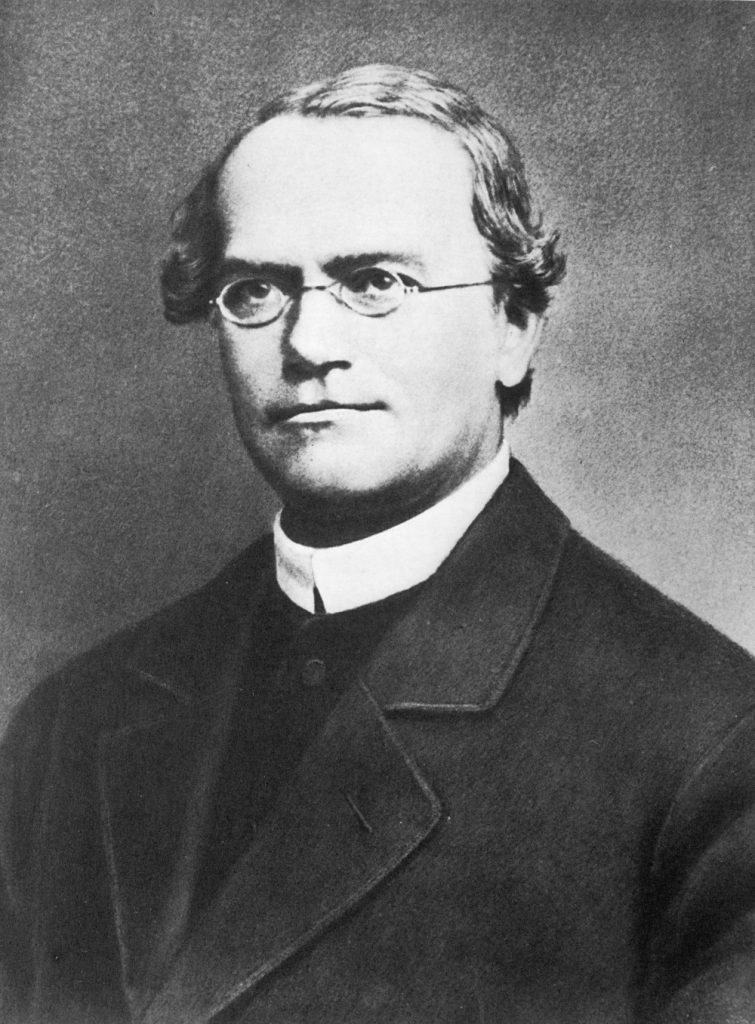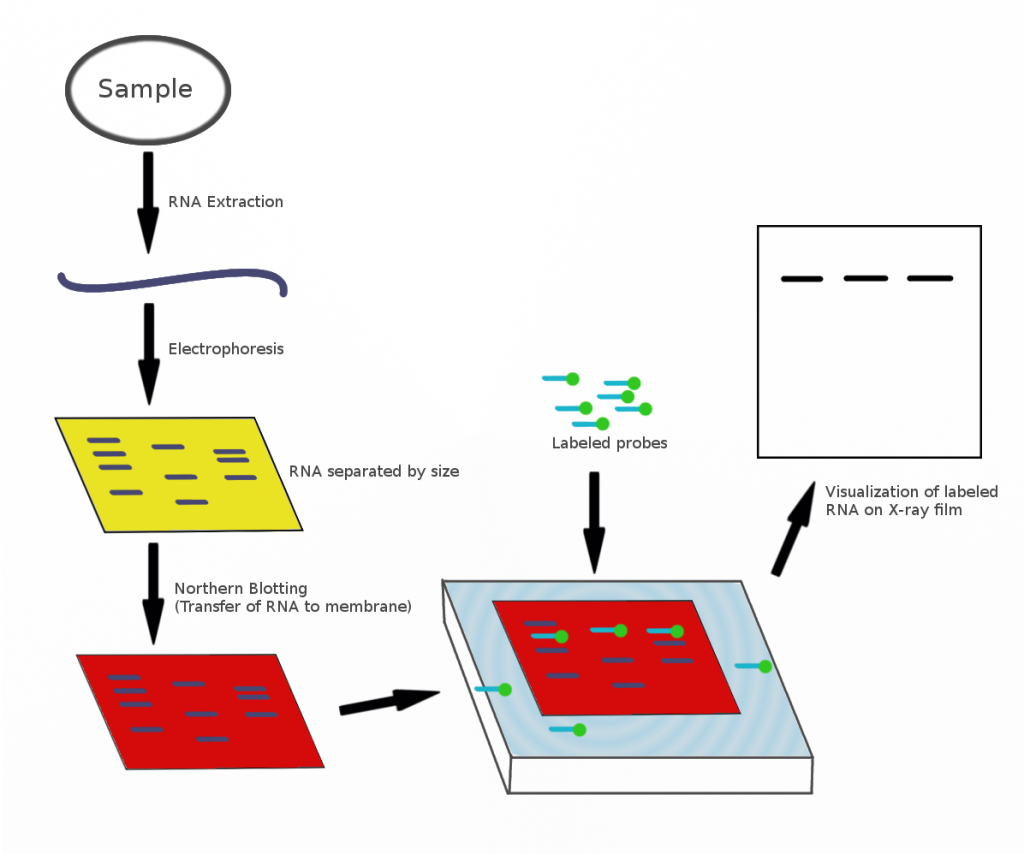It was an era of novel discoveries. Genetics, genes, traits, and heredity were unknown till the 19th century. In general, what heredity was, was not understood correctly. The concept of a gene did not exist at all.
People believed that an organism’s traits were passed to the offspring in a mix of characteristics donated by each parent.
Austrian monk Gregor Mendel was not convinced by these traditional explanations.
Between 1856 and 1863, Mendel decided to try and work out the principles of heredity on his own, with the assistance of the garden pea plant. Then began the era of Genetics. Mendel became the Father of Genetics.

It is a very fascinating journey from then till date with advancements in science and technologies.
The study of genes began on a small scale. Scientists would conduct research on single genes. They used their results to define the functions of those genes. Newer scientific techniques made it possible for researchers to analyze multiple genes together. With advanced DNA sequencing technologies, scientists now can look through all the genes of an organism in one go!
For a beginner, the question still remains – how to start a genetic study from scratch?
All these facts and stories are inspiring and exciting – isn’t it?
Here are 3 steps that you should ponder upon as you plan your first genetic study
Step 1: What do you want to achieve with your genetic study?
This is the first thing you should try to answer with your first genetic study.
Whether you want to look deep through the DNA, monitor gene transcription, expression, and regulation on small or large scale would be the follow-up areas to consider.
This will help you decide on the sample of choice for your study.

Step 2: What is your working sample?
If you are to determine gene expression, messenger RNA in a sample would be your target. On the contrary, if you wish to find the actual sequence of nucleotides within genes, DNA would be your working sample. In this case, you will need large amounts of the DNA sequence of interest in order to conduct your experiments.
Insights from these considerations will help you to identify techniques and methodologies.
For example, two widely used processes for determining gene expression are Northern Blot analysis and Serial Analysis of Gene Expression (SAGE). Both of these techniques will help you measure the levels of messenger RNA in a sample. They will also determine which genes are expressed in the sample and to what degree.
Polymerase chain reaction (PCR) would be your go-to technique to rapidly generate multiple copies of genetic sequences of your interest.

Step 3: Do you intend to study specific genes or screen for multiple genes at once?
Answer this question to determine whether your study needs to involve any animal model (e.g. mice model).
For example, you might consider creating a gene deletion model called knockout mouse when you want to uncover a wealth of information about the function of the missing genes.

For studying multiple genes or all genes of an organism at one go Microarray Analysis might be your technique of choice. It is a technique that makes it possible to screen for vast amounts of genes at once, which permits a more efficient examination of an organism’s entire genome.
Are you inspired enough now? Sure you are!
To learn more about launching a simple, budget-friendly and effective genetic study with whatever resources you have, join our upcoming signature online course
Fellowship in Dental Genetics and Clinical Research
A dual benefit course covering all aspects of clinical research plus gaining technical know-how for the practical applications of the knowledge including learning the principles of collaboration, grant applications and steps to make a career in the research industry (biotech, phrama, genomics, clinical research, etc.)
Accredited By: American Council of Training and Development, USA
On completion of this Fellowship, new doors that will open up for you are Clinical Research Associate, Drug Safety Associate, Medical Advisor, Principal Investigator in Clinical Research Organizations, Clinical Research Scientist, Medical writing freelancer , Masters and PhD opportunties etc,. to name a few.
For any queries, reach us through Whatsapp message at +91 8436787974 or write to eventsiacdg@gmail.com.


